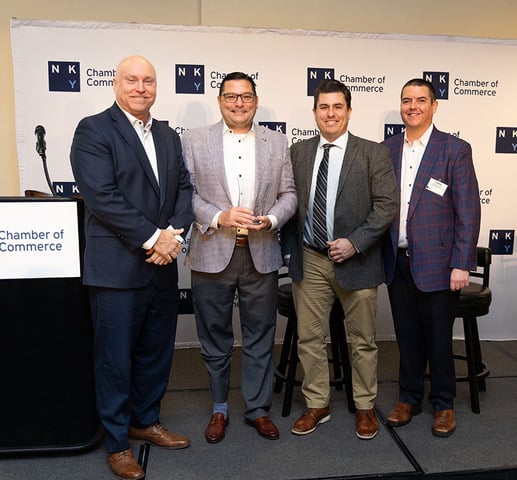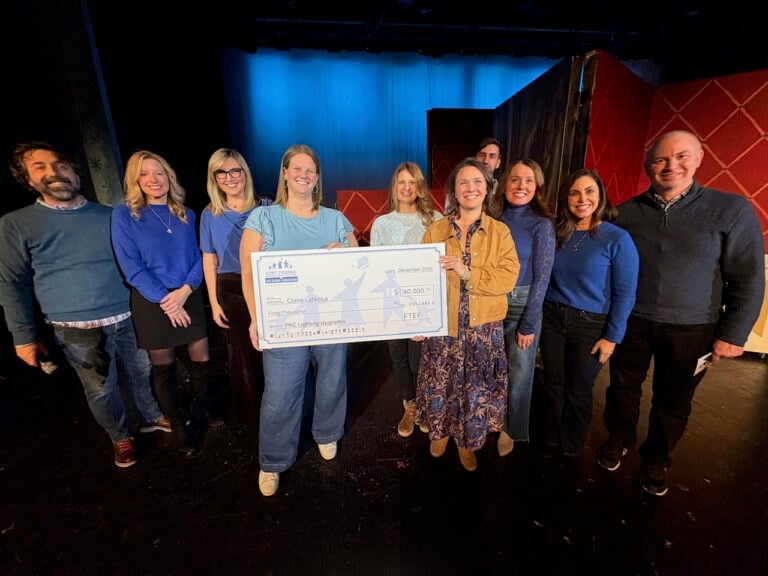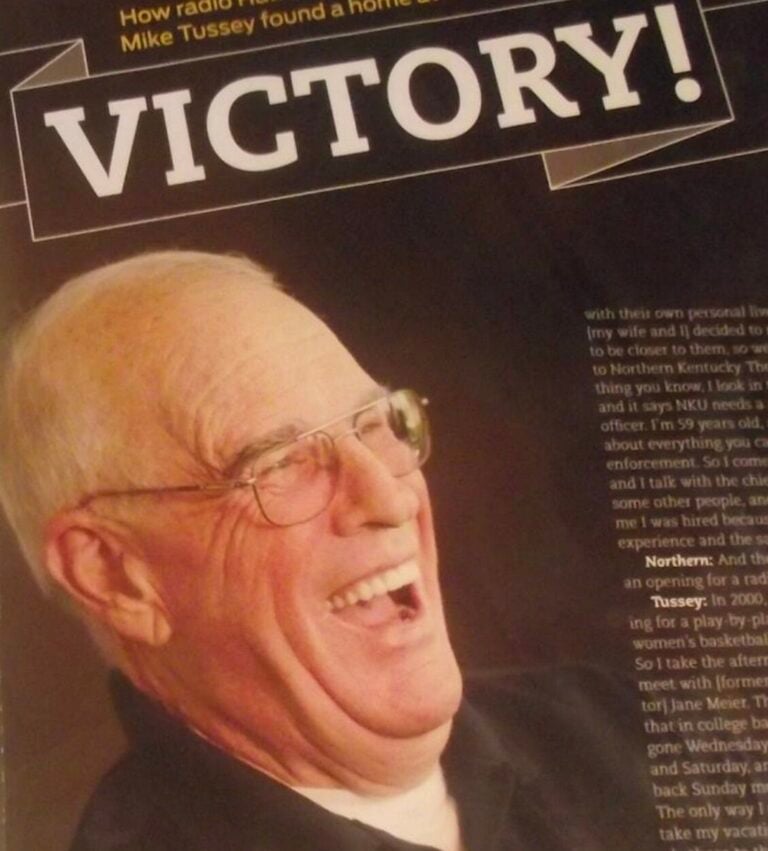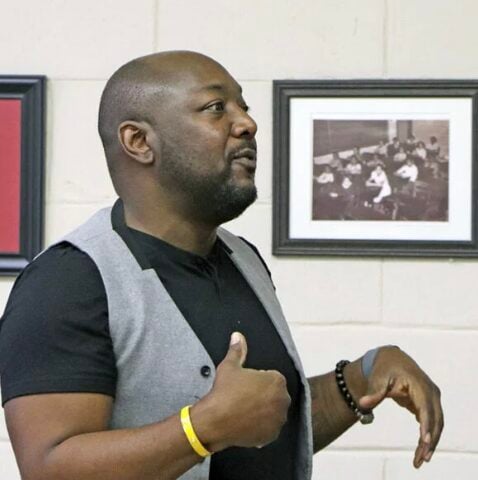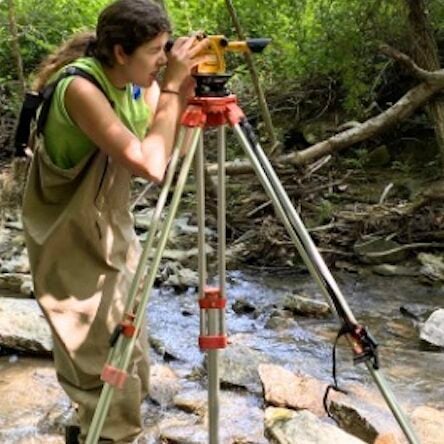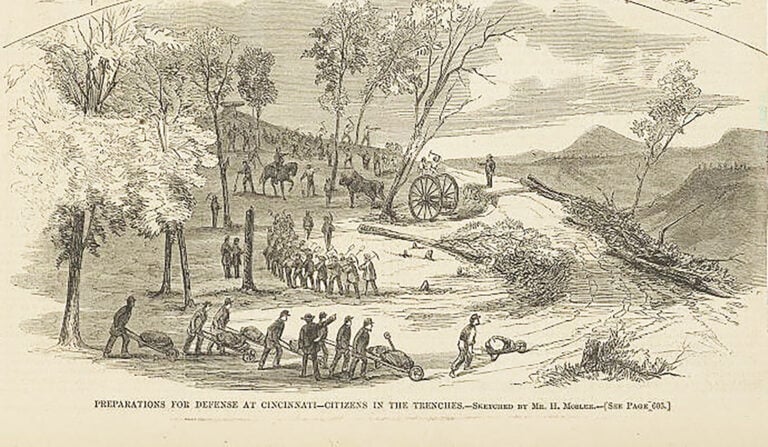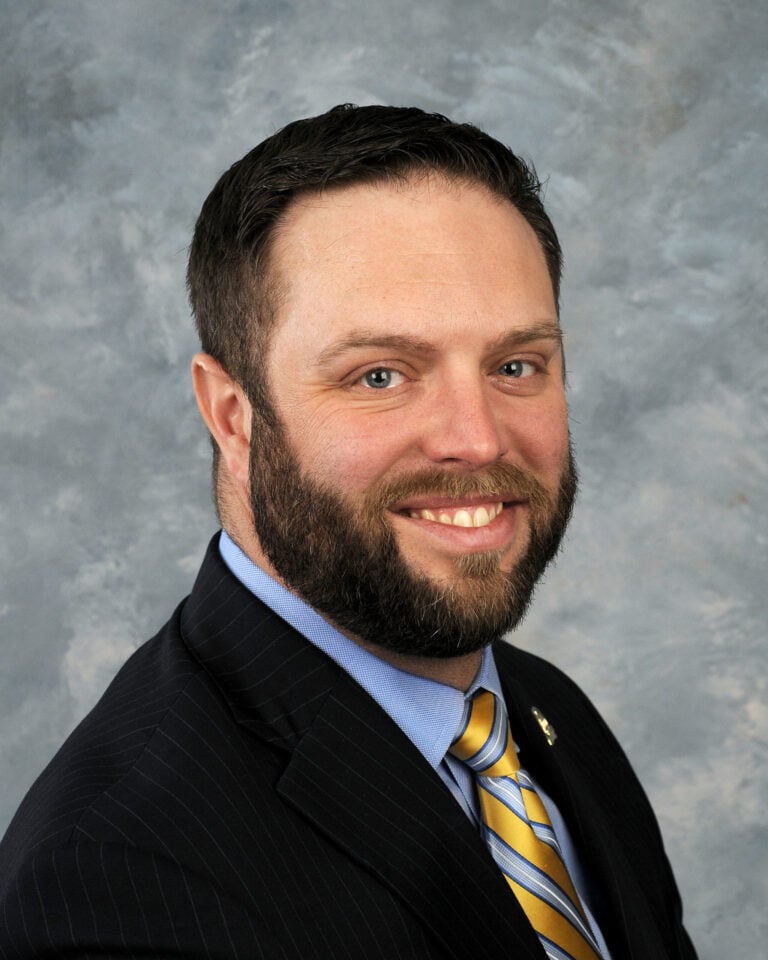Rebecca Bailey found herself at a crossroads in 2008.
Battling an autoimmune disorder, her body was fighting itself, and it left the longtime Northern Kentucky University professor with an unimaginable circumstance: She was not going to be able to return to the classroom for a long time.
“College campuses are like a petri dish of illness,” said Bailey, a 48-year-old associate professor of history in the Department of History and Geography. “Doctors told me I could not get sick. If I did, it could be fatal.”

So she had to stay home. She asked herself what she would be able to do.
Her answer was CITE, NKU’s Center for Innovation and Technology In Education. Located within the Office of Information Technology, CITE can (among other tasks) help professors with instructional design, technological guidance and other training.
Bailey, who has cerebral palsy on her left side, faced another problem; she could not type because of her illness. She needed to use voice recognition software.
CITE came in and helped, assisting in developing online classes for Bailey to teach – something she still does to this day, even though she could return to the classroom if she wanted.
“They worked with me to do the voice tools,” she said. “I could record an individual message for each student. I feel like when I’ve got challenges, they’ve got a tool they can teach me. They saved my career.”
‘What I expect…’
When Bailey was growing up, a teacher relayed this poignant motto: “What I expect you to do, I will teach you to do.”
But how could Bailey follow this motto in an online course? She still expected a high level from her students. She needed to develop a demanding online class.
Bailey worked with instructional designers and other CITE members to bring her face-to-face class online.
“Through these trainings I learned you just can’t use face-to-face teaching and put it online,” she said. “It’s similar, but they’re not the same. You have to rethink it and retool it.”
Bailey has intense, eight-week courses where she asks students to write six or seven short, formal essays. But she noticed some students – maybe some who were not history majors, for instance – were not doing as well as they may have been doing in a face-to-face class.
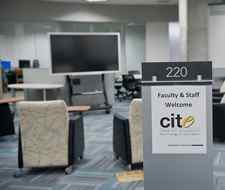
Again, with the help of CITE workers, she was able to develop instructional materials to guide students through what she expects from a typical history paper.
“I’ve had many professors who cared if the class understood the information – however, rarely have I had one like Dr. Bailey,” said student Stefanie Nelson-Guffey. “Dr. Bailey has not only taken time to email the class with additional help resources – like videos with step-by-step directions of how and why we need to do things the way she is asking us – but she is also always responding to the class throughout the week.
“Dr. Bailey has even emailed when she feels we might need more one-on-one instruction,” she continued. “She truly loves teaching and helping her students. I feel so blessed to have had her encourage me in my academic career. Because I am a single parent and work part-time in Procurement Services, taking online classes make it possible for me to get my degree.”
Bailey has found inspiration online.
“First, I am a person with a disability. It feels good to know I can help people like myself take these kinds of classes,” she said. “Second, my mother was a nontraditional student. She had four kids and went to college when she was 31. I know I have students like that, and I want to pay it forward.”
Bailey also believes that when she was in college she was not held to the same standard as other students. In math, for instance, she says harder classes were geared toward math majors, while easier classes were offered for non-math majors.
She wants to develop challenging classes for everyone – even those who aren’t history majors – in her courses.
And she still attends about four CITE trainings every year.
“This is the second frontier of my teaching career, as it lets me focus on how people learn what they do when they learn online,” she said.
Ryan Clark is in marketing and communications at Northern Kentucky University.







